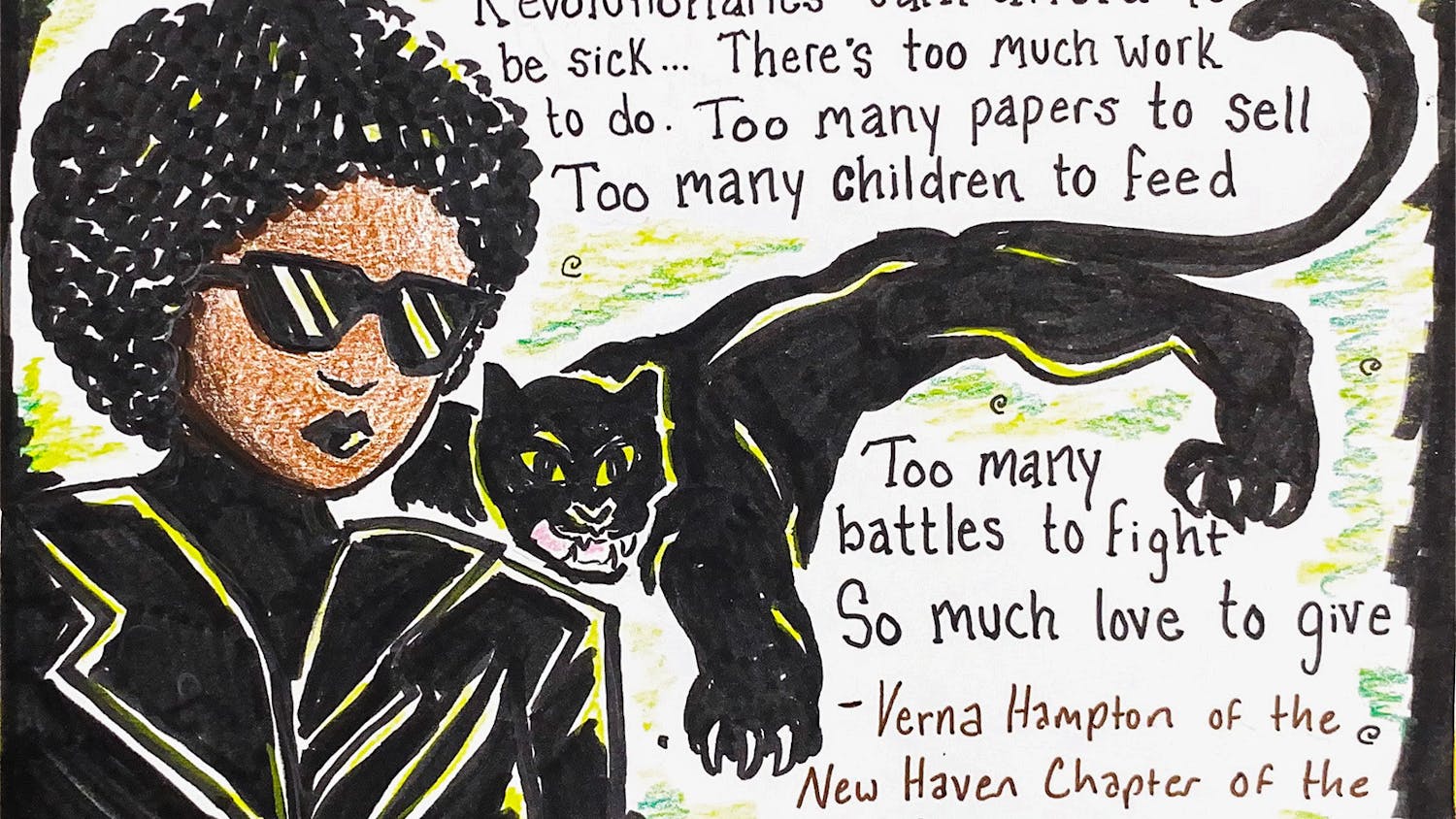Greta Gerwig’s interpretation of Louisa May Alcott’s novel “Little Women” revisits the original story applying a modern day lens.
For those that haven’t read the book, the storyline follows the lives of the four March sisters (Meg, Jo, Beth and Amy) and is known to be loosely based on the author and her three sisters’ childhood experiences.
The story is set against the backdrop of the U.S. civil war, with the young women's father off working as a chaplain in the military. Within this context, the four coming-of-age daughters are left in relative poverty but are simultaneously allowed the freedom to explore their interests and proclivities with autonomy and notably without any paternal influence.
The elaborate costumes and period backdrop make for an especially aesthetic context for the young women's adventures and tribulations.
However, in Gerwig’s adaptation of “Little Women,” the lead character, Jo March (Saoirse Ronan), ends up writing the novel that the movie is based on and employs Alcott as her pen name.
This creates the opportunity for the audience to follow the familiar storyline while also adding a new backstory that further highlights the limitations constraining women of that era.
In this version, the audience is let in on the secret that after turning down the marriage proposal of her reputable and charming childhood friend Theodore "Laurie" Laurence, Jo conjures up a rebound love-interest for the protagonist as a way to make the book more “publishable.” The intentional deception is framed as justifiable with depictions of family members and publishers reinforcing the notion that a “happy ending” is inconceivable without finding one’s “one true love”.
Jo’s aspirations in both the original novel and movie are the rejection of settled domestic life and its moral obligations in favor of being independent and freethinking. But where the book falls short of rejecting the notion of marriage entirely, the movie doesn’t.
It also serves as a reminder, for those of us born in more modern times, that not that long ago women were not allowed to be a good number of things that today we might take for granted.
As a secondary theme, Gerwig also uses Alcott’s novel to effectively remind today’s audience of the value of the arts. Neatly, each of the four sisters represents a different artistic medium; with Jo being the writer, Meg (Emma Watson) the actor, Amy (Florence Pugh) the painter, and Beth (Eliza Scanlen) the musician.
In line with this agenda, the movie’s world premiere was held at the Museum of Modern Art in New York City on Dec. 7, 2019, before it was released theatrically in the United States on Dec. 25, 2019.
In recent years, the Trump Administration has proposed defunding of the National Endowment for the Arts and the National Endowment of the Humanities, making this particular message especially relevant and timely.
Get content from The Daily Lobo delivered to your inbox
So far the film has grossed over $147 million worldwide and has received six Academy Award nominations, including Best Picture, Best Actress (Ronan), Best Supporting Actress (Pugh), and Best Adapted Screenplay. It also received two Golden Globe Awards.
Overall, “Little Women” highlights the barriers women experience and remains true to the book’s bohemian values in which frugality, community, and the arts are valorized to the fullest extent.
Lissa Knudsen is a beat reporter at the Daily Lobo. She can be contacted at news@dailylobo.com or on Twitter @lissaknudsen






